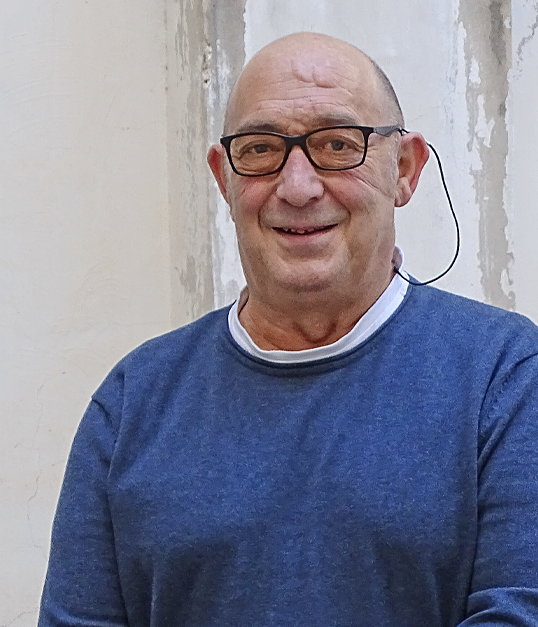opioid dependence
Antonio's story

“All heroin has brought me is problems – divorces, financial issues and a lot of misfortunes.” Antonio has been battling opioid dependence for over 40 years. He first realized he had a problem back in 1979.
Finding a new way forward
“Encountering hard drugs, so to speak, was for the elite classes – not just anyone could access heroin and cocaine in those days. It was at nightclubs and that kind of social scene.” he explains “I used sporadically at first, at weekends. When I joined the army for my military service I stopped for a period of time, but when I left, I relapsed.”
A bad break-up with a girlfriend led Antonio to use in even greater quantities and he started to realize he needed help. He moved to a very distant village “to be out of touch with the world,” where he was able to disconnect from drug use.
However, on his return to the city, Antonio began to use drugs once more. “For the next 10 years or so I was way over my head with everything,” he admits. “My physical deterioration was noticeable and my emotional deterioration very noticeable.” Antonio had started training to become a teacher. However, he left his university course and fell out of his social circle.
“My lack of desire to live in contact with society didn't bother me. I had contempt for life and complete disdain for myself and for everything around me.”
Both of Antonio’s parents died within a short space of time – he used his inheritance to fund his opioid dependence. When this inheritance ran out, he says he didn’t know how to defend himself from the world and finally sought help.
“The hardest thing was to summon up the courage to categorically say ‘I'm getting myself out of this’,” says Antonio. “You keep fooling yourself. I told myself, ‘With this little bit of drug, I'll calm down and at least get through the day’ and ‘I won't do the stupid things I did before’. I thought I was going to be able to control myself. But I couldn’t,” he admits. It has now been 20 years since he last used drugs. “I have stuck to the treatment with all my strength,” he says.
Today, Antonio enjoys spending time with his 14-year-old daughter, reading, visiting museums, and appreciating architecture.
“The truth is that many people are frightened of drug dependent people, because not all act in a normal way. Some people with drug problems can be hostile, dangerous even. But for every person who behaves this way, there may be nine others, like me, who aren’t like that.”
Symptoms
In addition to cravings, withdrawals and drug seeking behavior, physical symptoms of opioid dependence may include changes in sleep habits, weight loss and decreased libido.
Diagnosis
An opioid dependence diagnosis may be made by a doctor following a formal assessment based on the patient’s history and pattern of opioid use, such as use of heroin, other illicit opioids or prescription opioids.
Management
Treatment and management of opioid dependence need to be individualized and may consist of a combination of different pharmacological and psychological interventions.
Explore more
Learn more about opioid dependence.